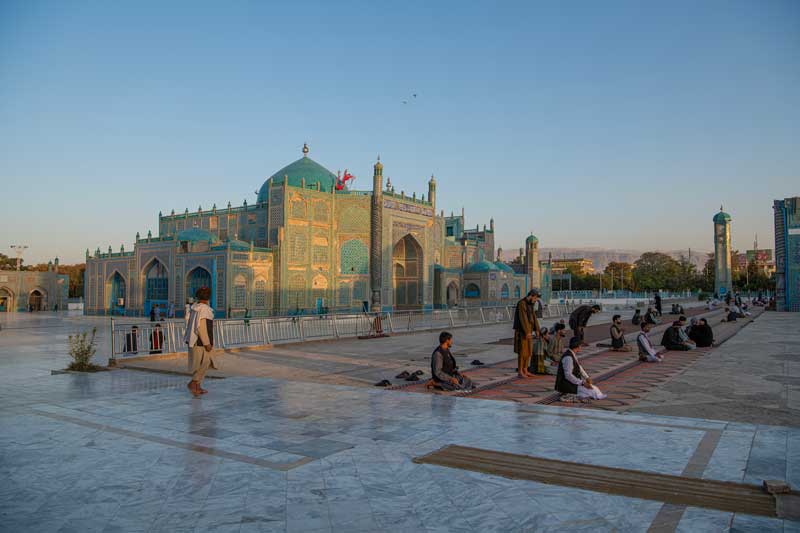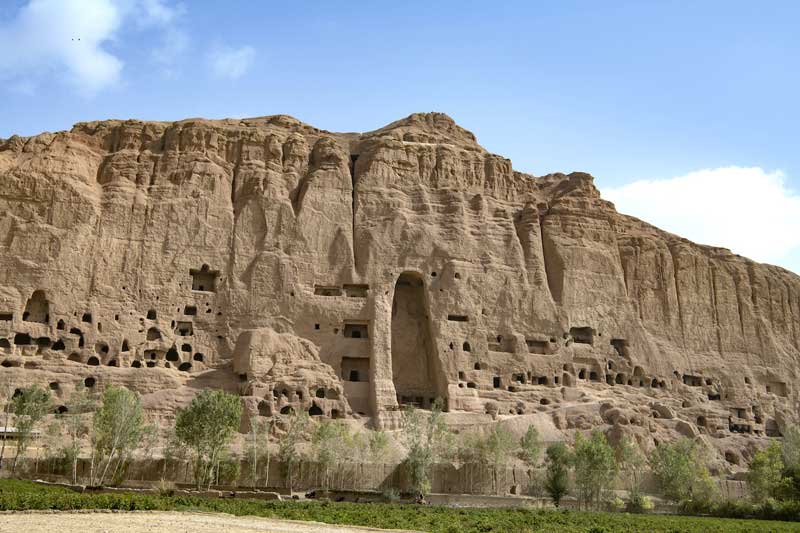Can Tourists Go to Afghanistan? Insights from Silk Road Afghanistan Travel
Afghanistan, with its rich tapestry of history, culture, and stunning landscapes, offers a unique allure for the adventurous traveler. However, the question of whether tourists can visit Afghanistan is complex and requires a nuanced understanding of the current situation. Silk Road Afghanistan Travel provides an expert perspective on traveling to this historic land, particularly along the routes of the ancient Silk Road.
Current Tourism Landscape in Afghanistan
Afghanistan’s tourism sector has faced numerous challenges due to its political and security environment. While certain areas in the country are accessible and relatively safe for tourists, others may pose significant risks. The feasibility of tourism largely depends on the region and the presence of stable security measures.


Regions Accessible to Tourists
Silk Road Afghanistan Travel focuses on regions that are known for their historical significance and relative stability, such as:
- Herat: A city rich with Persian history and architecture, offering a glimpse into the cultural crossroads of the Silk Road.
- Balkh: Known as the ancient city of Bactria, Balkh is famous for landmarks like the Blue Mosque and serves as a cultural hub.
- Bamiyan: Famous for its UNESCO-listed Buddha niches, Bamiyan is one of the more secure areas and is known for its scenic beauty and archaeological sites.
These areas are considered more suitable for tourists due to local efforts to stabilize and promote tourism as a means of economic development.
Safety Measures and Considerations
Traveling to Afghanistan requires meticulous planning and awareness of the current security dynamics. Silk Road Afghanistan Travel takes several measures to ensure the safety of its clients:
- Collaboration with Local Authorities: Working closely with local security forces to ensure up-to-date information and protection during tours.
- Experienced Local Guides: Utilizing guides who are not only knowledgeable about the cultural and historical context of the regions but are also adept at navigating the complex security landscape.
- Tailored Travel Advice: Providing travelers with comprehensive, real-time travel advice tailored to current events and regional security assessments.
- Safety Protocols: Implementing robust safety protocols, including emergency response strategies and evacuation plans, should the need arise.
Cultural Engagement and Support
Tourism in Afghanistan, particularly through initiatives like Silk Road Afghanistan Travel, plays a crucial role in cultural exchange and economic support for local communities. Tourists contribute to the local economy, and their engagement promotes cultural preservation.
- Supporting Local Crafts: Tourists have the opportunity to purchase local crafts, which supports artisans and helps preserve traditional crafts.
- Cultural Exchange: Interaction between tourists and locals fosters mutual understanding and respect for cultural differences.
Conclusion
While Afghanistan presents certain risks, regions along the Silk Road can offer safe and enriching experiences under the right circumstances. Silk Road Afghanistan Travel is dedicated to facilitating these experiences, providing a bridge for those eager to explore Afghanistan’s rich heritage safely and responsibly. Tourists interested in visiting should consult with specialized travel companies like Silk Road Afghanistan Travel to plan their journey carefully, ensuring they are well-prepared for the adventure that lies ahead.

